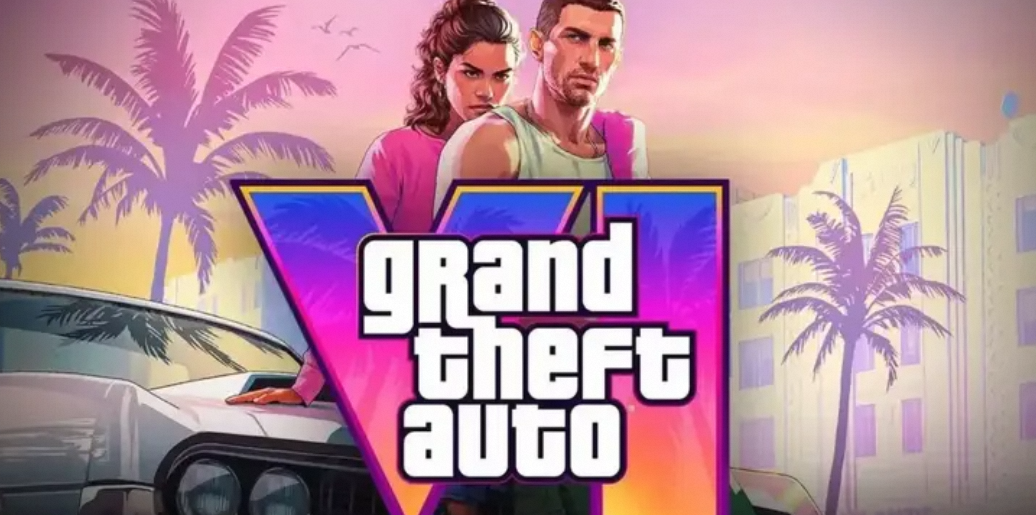The Grand Theft Auto (GTA) franchise has long thrived on the creativity of its modding community, but that relationship faces renewed tension. In a move echoing its controversial history, Take-Two Interactive recently issued a copyright strike against a fan-made GTA 6 map mod, forcing its removal and sparking debate over the future of modding in one of gaming’s most beloved series.
The Mod in Question: Ambition Meets Enforcement
The now-removed mod, titled “Project Americas Expanded,” aimed to reimagine GTA 6’s rumored Vice City-inspired map by adding sprawling rural regions, hidden islands, and interactive landmarks. Created by a dedicated modder known as OpenWorldDev, the project blended speculative leaks with original designs, offering players a tantalizing preview of what the game’s world might entail. Hosted on Nexus Mods and GitHub, the mod quickly gained traction, amassing over 50,000 downloads before Take-Two’s intervention.
While no official GTA 6 assets were used, Take-Two argued the mod infringed on its intellectual property (IP) by “replicating protected creative elements” and “capitalizing on unlicensed GTA-branded content.” A Digital Millennium Copyright Act (DMCA) takedown notice swiftly scrubbed the mod from platforms, leaving its creator and fans disillusioned.
Take-Two’s History: A Zero-Tolerance Stance
This isn’t Take-Two’s first clash with modders. The company has aggressively targeted projects it deems threatening to its IP:
- 2021: Take-Two sued modders behind “re3” and “reVC,” reverse-engineered versions of GTA III and Vice City.
- 2017: The shutdown of OpenIV, a tool enabling single-player mods for GTA V, sparked a fan boycott until Rockstar negotiated a compromise.
- Ongoing: The company routinely delists fan remasters and “roleplay” mods, even those boosting GTA Online’s popularity.
Critics argue Take-Two’s legal strategy stifles innovation, but the company maintains its actions protect “the integrity of gameplay experiences and brand value.”
Community Backlash: Creativity vs. Control
The removal of Project Americas Expanded has reignited frustration. On Reddit and Twitter, fans lamented the loss of “passion projects” that keep games alive during long waits for sequels. OpenWorldDev released a statement:
“I never monetized this mod. It was a love letter to GTA. To see it erased over vague copyright claims is disheartening.”
Others, however, defend Take-Two. A LinkedIn post by IP lawyer Mark Cheng noted:
“Modders walk a fine line. Even non-commercial projects can dilute trademarks or preempt official content, which companies must legally mitigate.”
Legal Gray Areas: What Makes a Mod “Infringing”?
U.S. copyright law protects original game assets (code, art, music) but not ideas or concepts. Mods using reverse-engineered code or copied textures are clear violations. However, Project Americas Expanded relied on original designs inspired by rumors, complicating the case.
Take-Two’s claim hinges on trademark infringement—arguing the mod’s association with GTA 6 could confuse consumers or undermine Rockstar’s marketing. Yet, legal experts like Stanford’s Fair Use Project suggest such takedowns risk overreach, chilling transformative works protected under fair use.
Implications for the Modding Community
The takedown raises pressing questions:
- Will modders abandon GTA 6? Fear of legal action may deter projects, even those adhering to “safe” modding norms (e.g., cosmetic tweaks).
- Could Take-Two offer official tools? Games like Skyrim and Minecraft thrive via sanctioned modding platforms. Rockstar, however, has avoided this, likely to protect GTA Online’s revenue.
- Will this hurt GTA 6’s hype? Mods often sustain interest in games during development lulls. Striking them risks alienating loyal fans.
A Path Forward? Balancing IP and Innovation
To avoid further backlash, Take-Two could:
- Clarify modding guidelines: Specify acceptable projects (e.g., single-player only).
- Collaborate with creators: License non-commercial mods, as seen with Bethesda’s Creation Club.
- Embrace mod culture: Lean into community content, as CD Projekt Red did with Cyberpunk 2077’s modding tools.
Conclusion: A Tug-of-War for Gaming’s Soul
The removal of the GTA 6 map mod underscores the fragile dance between corporate control and fan creativity. While Take-Two is within its rights to protect its IP, heavy-handed enforcement risks eroding the community goodwill that’s fueled GTA’s decades-long dominance. As GTA 6’s 2025 launch approaches, the stakes for both sides have never been higher.
For now, modders face a dilemma: innovate at their own risk or wait for Rockstar’s next move. One thing’s certain—the battle over who shapes GTA’s future is far from over.
What’s Next?
Stay tuned for updates on GTA 6’s official modding policies and join the conversation on our forum: Should game companies embrace modders or lock down their IP?
